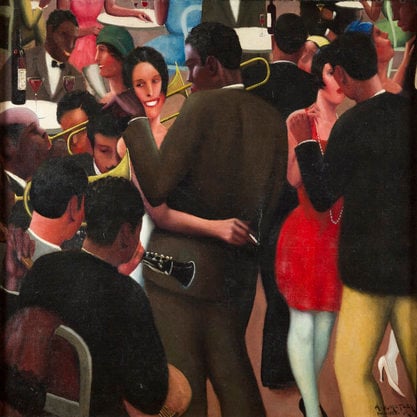Article
Scelsi, Giacinto (1905–1988) By Drott, Eric
Article
Giacinto Scelsi was an Italian avant-garde composer best known for the single-note style he developed during the 1950s and 1960s, which minimizes harmonic and melodic activity in order to allow microtonal fluctuations and subtle transformations in timbre, intonation, dynamics, and articulation to come to the fore. Although his works were little known and infrequently performed during his lifetime, they gained considerable acclaim in the 1980s. Scelsi’s œuvre has proven extremely influential, and is generally regarded as a precursor to the spectral movement.
Many of the elements of Scelsi’s biography remain uncertain, due in part to the composer’s penchant for self-mythologization. His family belonged to the southern Italian nobility, and it was in their ancestral chateau in Irpinie that Scelsi’s interest in music first manifested itself. He had little in the way of formal musical training, apart from receiving private piano lessons in his youth. Scelsi spent much of the 1920s and 1930s abroad, principally in France and Switzerland. It was during this period that he composed his first pieces, most notably Rotativa for pianos, strings, brass and percussion (1930). His early music was stylistically eclectic, embracing post-impressionist, neo-classical and twelve-tone idioms at various points in his life.

